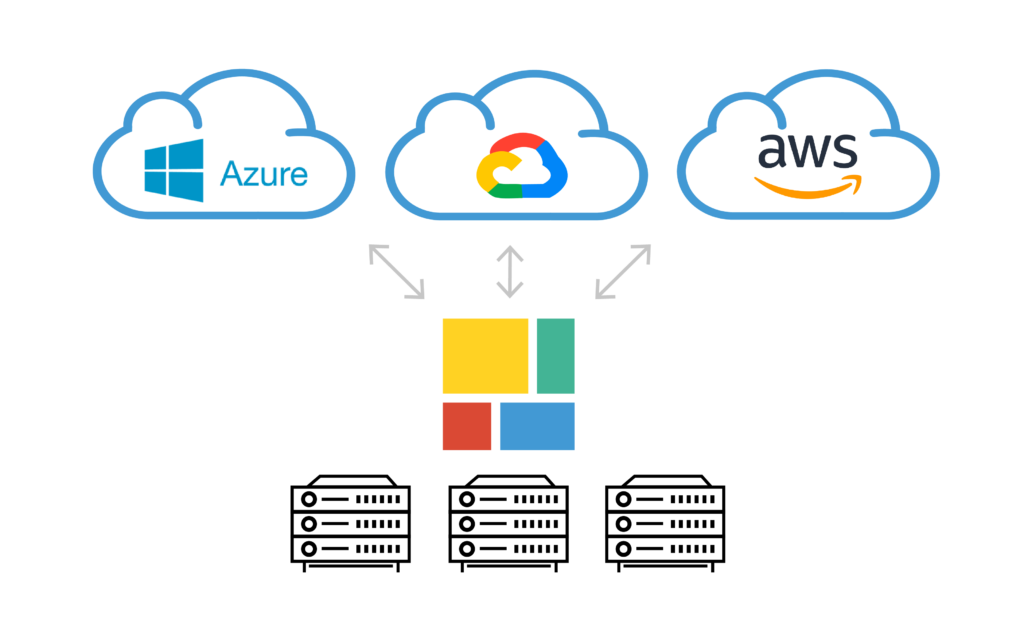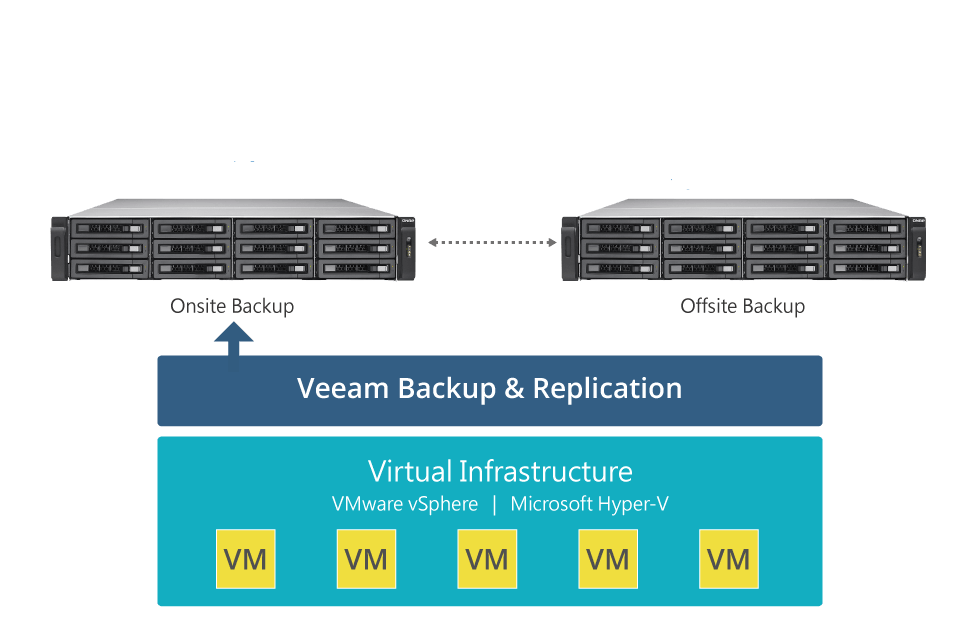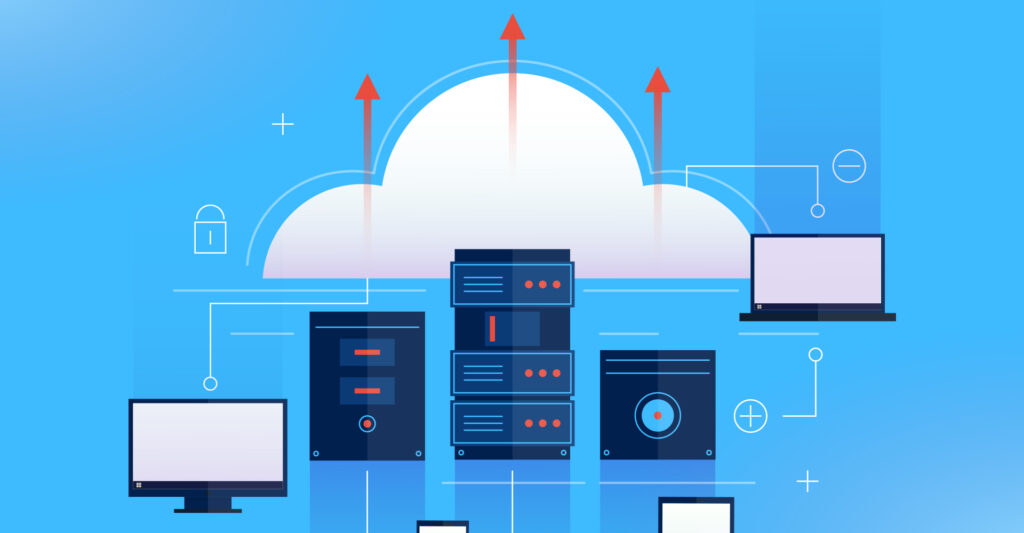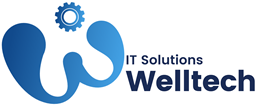Our Solution
Cloud migration has become increasingly popular among businesses and Backup solutions are especially important for businesses, as they can help protect against data loss in the event of a system failure or virus attack. Our solutions involve backing up data to an external storage device or cloud storage.

Cloud Migration
It is the process of deployment of an organization’s data, applications, digital assets, and other business resources onto the cloud platform such as Amazon Web Services (AWS), Microsoft Azure, and Google Cloud. These assets are securely kept behind a firewall to ensure their safety and confidentiality.
Cloud solutions can provide remote access to company resources securely through the internet, so employees can work from anywhere with an internet connection. It also provide tools for remote collaboration and communication that help employees stay connected and work together effectively , even when they are not physically in the same location. It can be easily scaled up or down to meet changing business needs. We will assess your current infrastructure and choose the most appropriate cloud service provider that meets your requirements.
Public Cloud
Public cloud is a type of computing service where resources such as storage, processing power, and applications are provided over the internet by a third-party provider. Users can access and use these resources on-demand, without the need for their own physical infrastructure or hardware.
By utilizing shared infrastructure, users can save on upfront costs of hardware, maintenance, and upgrades. Additionally, the pay-as-you-go model allows for better cost control and optimization of resources.
Public cloud providers typically offer a range of services, including infrastructure as a service (IaaS), platform as a service (PaaS), and software as a service (SaaS). These services cater to different needs, from providing virtual machines and storage to offering ready-to-use software applications.


Hybrid Cloud
Hybrid cloud infrastructures are the combination of public cloud with private cloud or on-premises IT infrastructure, working together to achieve IT goals. It allows organizations to leverage the scalability and cost-effectiveness of the public cloud while maintaining control over sensitive data through the private cloud. In a hybrid cloud setup, workloads and data can move seamlessly between the two environments, providing flexibility and optimizing resource allocation. By embracing hybrid cloud, organizations can achieve a balance between agility, control, and cost-efficiency in their IT infrastructure.
Veeam Backup
Veeam is a popular backup solution that offers a range of features, including encryption, secure authentication methods, access control, and data auditing. It is also compliant with a range of industry standards, such as HIPAA and PCI-DSS. Additionally, Veeam offers both on-premises and cloud-based backup solutions, so you can choose the option that best meets your needs.
Veeam provides a comprehensive backup and recovery solution, with features such as replication, backup, and disaster recovery. It also offers advanced features such as application-aware backups, which can help ensure that all of your applications are backed up and restored correctly. Additionally, Veeam provides scalability, so you can easily increase or decrease the size of your backups as needed.


Network Attached Storage (NAS)
NAS devices, such as Synology DiskStation or Western Digital My Cloud, offer centralized storage accessible through your network. NAS systems can provide continuous backups, data mirroring, and even RAID configurations for added redundancy. A NAS device acts as a centralized storage location within your local network. With a NAS, you can back up your files and access them from multiple devices. NAS systems often come with built-in redundancy and backup options for added data protection.

